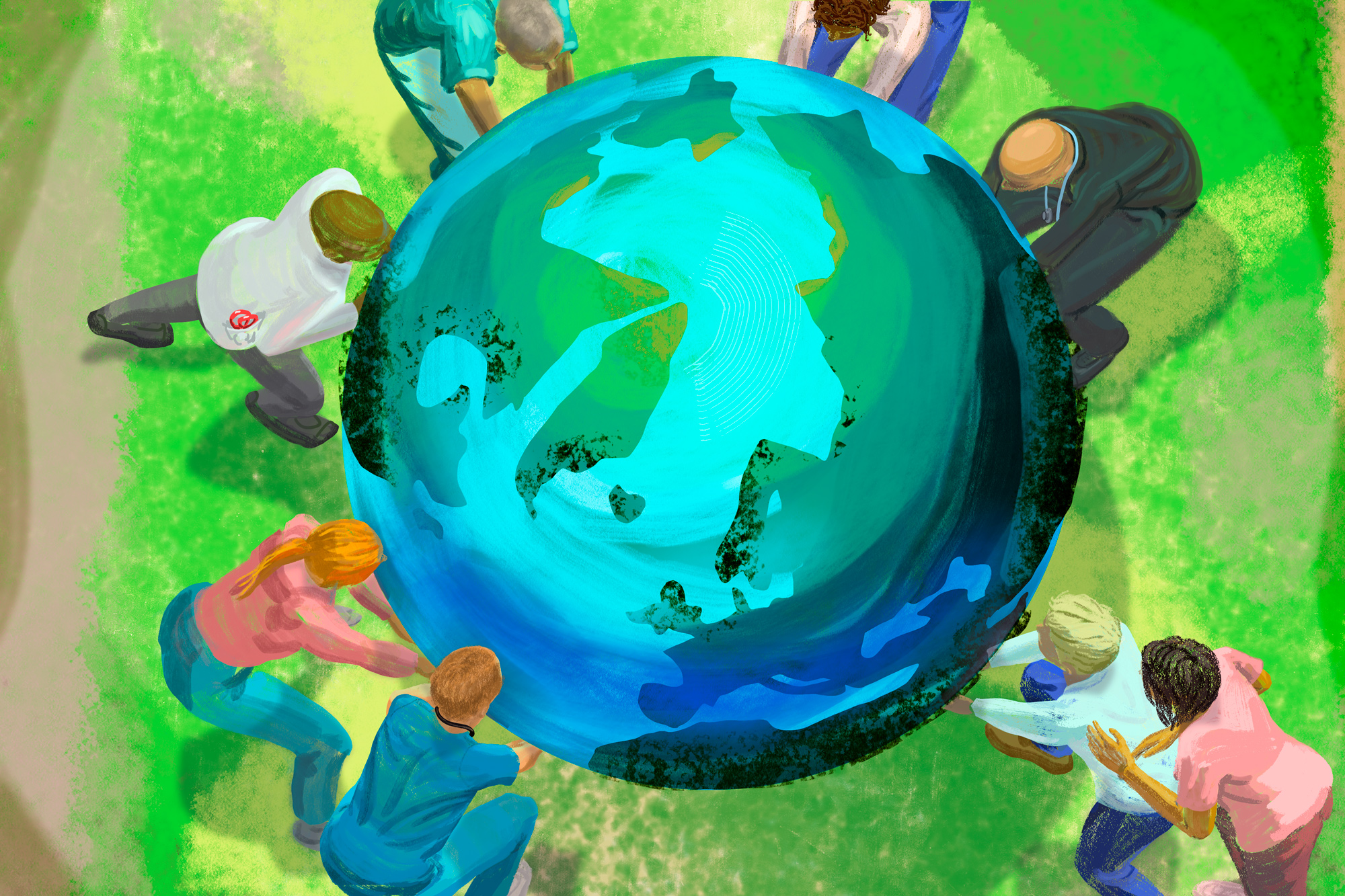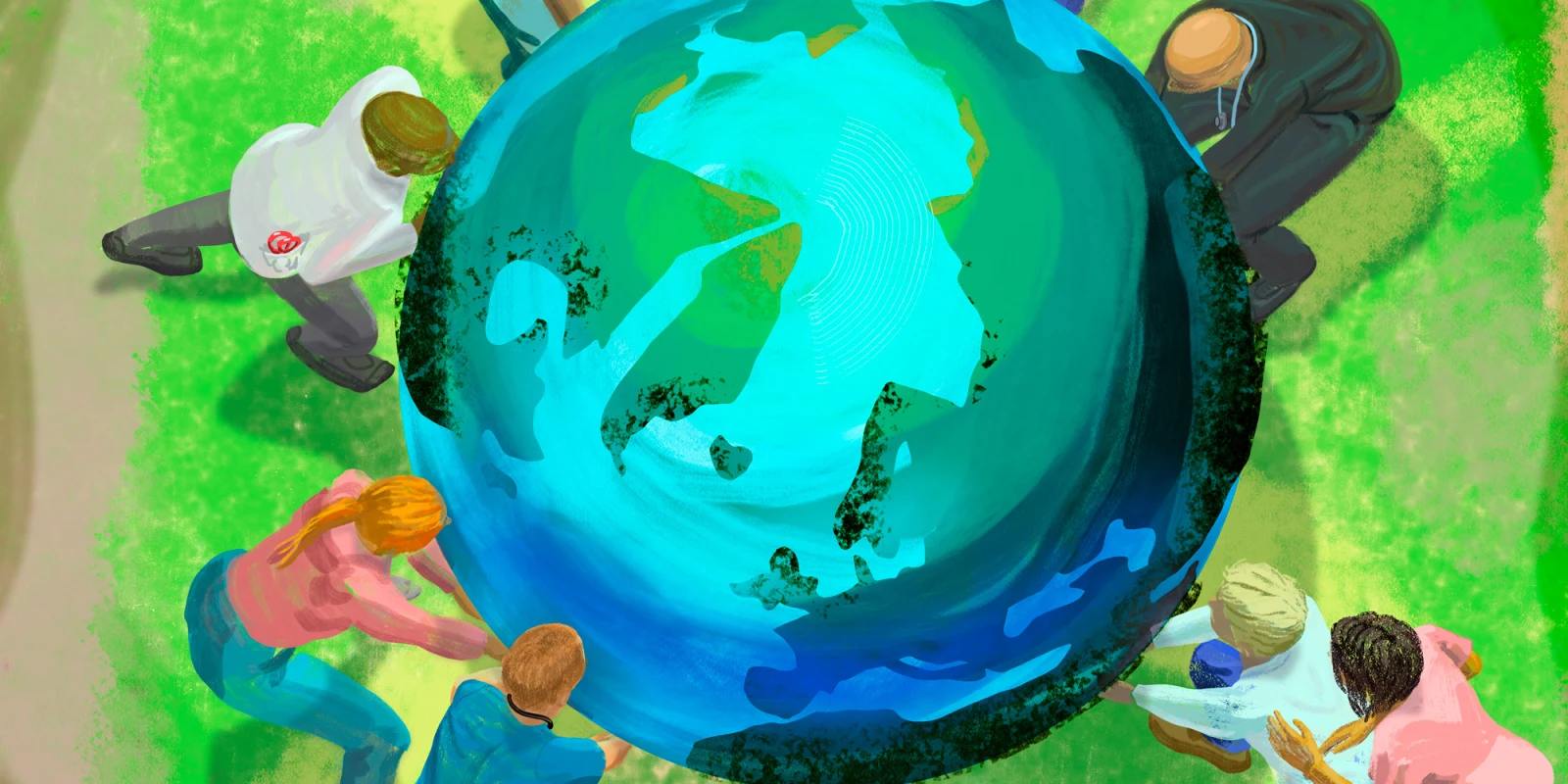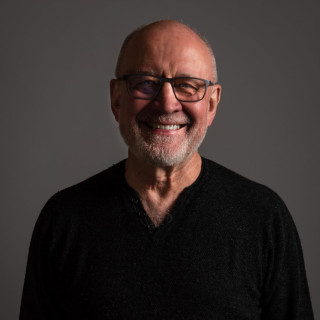 My son is in college and is deciding whether to pursue a life in medicine. He has heard my thoughts on “corporate medicine” and how much the physician’s role has changed in recent times. As I struggle how to advise him —strong encouragement or a more cautious recommendation — I reread something I had written years ago part of which suddenly seemed new again. Historical perspective can help us sort out what is really true and important. At each age of medicine, there are positive and negative social conditions, but through the centuries, being a physician has provided a unique opportunity to live in the world. A letter the philosopher Ludwig Wittgenstein sent to a young Dr. Drury in the early part of the 20th Century still rings true and probably always will. Dr. Drury was discouraged with the social issues of his day and whether to continue in medicine.
My son is in college and is deciding whether to pursue a life in medicine. He has heard my thoughts on “corporate medicine” and how much the physician’s role has changed in recent times. As I struggle how to advise him —strong encouragement or a more cautious recommendation — I reread something I had written years ago part of which suddenly seemed new again. Historical perspective can help us sort out what is really true and important. At each age of medicine, there are positive and negative social conditions, but through the centuries, being a physician has provided a unique opportunity to live in the world. A letter the philosopher Ludwig Wittgenstein sent to a young Dr. Drury in the early part of the 20th Century still rings true and probably always will. Dr. Drury was discouraged with the social issues of his day and whether to continue in medicine.
“Dear Drury,
I have thought a fair amount about our conversation on Sunday and I would like to say a few things. . . .
Mainly I think this: Don’t think about yourself, but think about others, e.g., your patients. . . .
The thing now is to live in the world in which you are, not to think or dream about the world you would like to be in. Look at people’s sufferings, physical and mental, you have them close at hand, and this ought to be a good remedy for your troubles. . . .
Look at your patients more closely as human beings in trouble and enjoy more the opportunity you have to say “good night” to so many people. This alone is a gift from heaven which many people would envy you. And this sort of thing ought to heal your frayed soul, I believe.
It won’t rest it; but when you are healthily tired you can just take a rest. I think in some sense you don’t look at people’s faces closely enough.”
Wittgenstein is my favorite philosopher, but this quote was sent to me randomly by a college friend who thought I would find it meaningful to my own life.
I have spent a good part of my medical career traveling to lecture or perform surgery around the globe. My son, now in college, has traveled with me many times. I have worked extensively throughout Latin America, Eastern Europe, and China where the medical systems are much different than ours in the United States. I have also worked in the UK, Europe, Australia, and other wealthy countries with medical systems probably better than ours but also different.
When I look at my own life and the many meaningful physician friends I have around the globe, it is striking that no matter what medical system they work in, they hold the same scientific and humanistic values. They are committed to their patients. They are excited by the science and innovations. They are annoyed by the bureaucrats and social constraints they face. I have always been amazed that even in areas where there is a language barrier, we physicians basically speak the same language. This is a language that goes back to Hippocrates and before. It is a language of compassion, a language of science, a language of commitment to something greater than ourselves. There is a shared sense of community that our colleagues around the globe feel intuitively and that allows us to connect deeply regardless of more superficial differences.
I will be proud if my son decides to join this community of physicians. A life in medicine, whatever the social issues, provides a life like no other.
Illustration by Jennifer Bogartz







